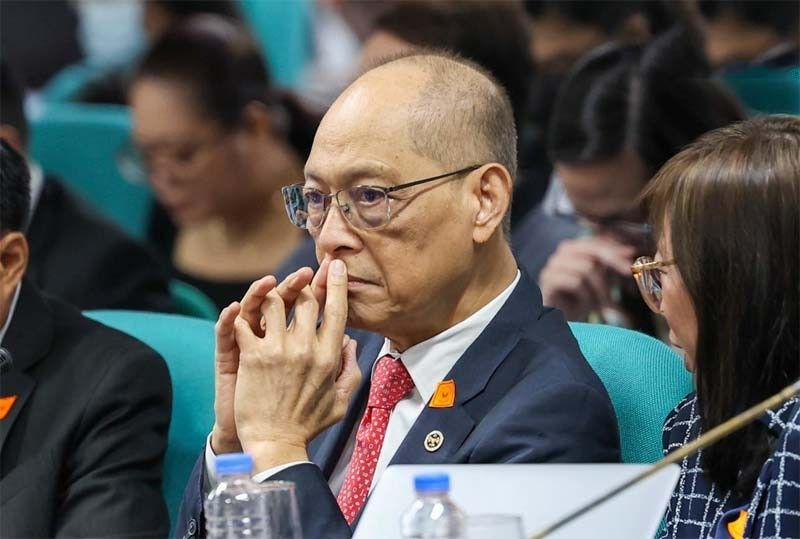Philippines joins OECD framework on tax rules

MANILA, Philippines — The Philippines has joined an inclusive framework of the Organization for Economic Cooperation and Development (OECD) that seeks to address gaps and mismatches in the country’s tax rules.
In a statement, Finance Secretary Benjamin Diokno said the Philippines has joined as a member of the OECD/G20 Inclusive Framework on Base-Erosion and Profit Shifting (BEPS).
According to the OECD, BEPS refers to tax planning strategies used by multinational enterprises that exploit gaps and mismatches in tax rules to avoid paying taxes.
As such, developing economies like the Philippines suffer from BEPS disproportionately given its high reliance on corporate income tax.
“This undermines the fairness and integrity of tax systems because businesses that operate across borders can use BEPS to gain a competitive advantage over enterprises that operate at a domestic level,” the OECD said.
“When taxpayers see multinational corporations legally avoiding income tax, it undermines voluntary compliance by all taxpayers,” it said.
According to Diokno, joining the inclusive framework on BEPS is part of the government’s efforts to uphold tax fairness, protect the country’s tax base from aggressive tax avoidance schemes, and promote international tax cooperation.
“As a developing economy, it is essential that we ensure that the rules set are administratively feasible and secure equitable taxing rights,” Diokno said.
At present, the BEPS project has 143 member jurisdictions, including six Southeast Asian member countries and 14 observer organizations.
The inclusive framework is also a coordinated response by the G20 countries to the aggressive tax planning employed by multinational enterprises that led to base erosion and profit shifting, which played a key role in the 2008 financial crisis.
Since 2016, the DOF and the Bureau of Internal Revenue (BIR) have been working on aligning the Philippines’ domestic legal framework with the BEPS minimum standards, with support from the OECD, the Asian Development Bank, and other development partners.
In 2021, the preferential treatment of regional operating headquarters was abolished under the Corporate Recovery and Tax Incentives for Enterprises Law, consistent with the recommendations under BEPS Action 5 on harmful tax practices.
To align the country’s tax treaties with BEPS Action 6, the DOF and the BIR developed a new Philippine Double Taxation Agreement Model.
- Latest
- Trending






























